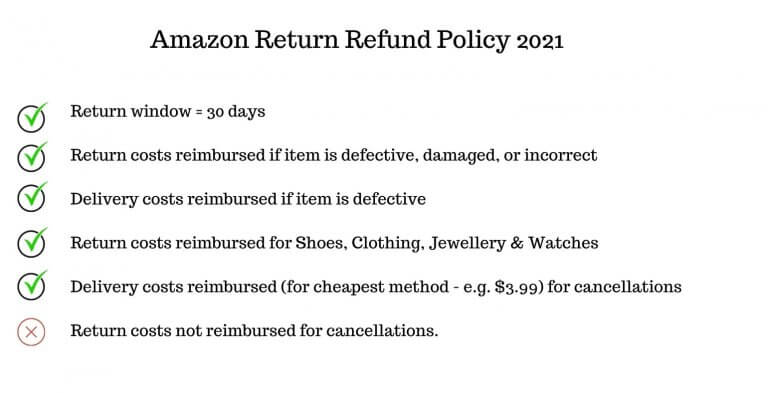

I had the opportunity to reflect on this first hand as part of Heart of Glass’ ‘anti-conference’ Making a Meal of It which looked at participating in the arts through the collective action of creating, serving and eating a meal together, documenting the process and publishing our findings within the timeframe of the gathering. Too often discussions take the format of a conference or symposium I wanted to explore spaces where there was shared risk and responsibility, talk AND action – spaces occupied by Legislative Theatre ( Theatre of the Oppressed NYC / Cardboard Citizens (Rising and Citizens Do) Congress (All the Queen’s Men) and the Laundromat Project. Public encounters that transform conversation into collective action intrigued me. What if we simply gave our Development Grant money away? I looked more into the House model and how they used the gallery and visitors to it to engage in a conversation about socially engaged art, homelessness and take collective action. How could we start thinking about a project where, as Luke put it “the line is so tremendously blurred that the first thing you see isn’t art or activism”.

It reminded me of a conversation I had with Luke about a project Bank Job, in which two artists printed their own banknotes/artwork and sold £40,000 worth of them, using the proceeds to fund local projects and buying up and abolishing £1.2m of local high interest debt. In the gallery simply hung a set of keys. This partnership with the Weinberg/Newton Gallery saw them spend the majority of the exhibition budget on providing housing for two local people experiencing homelessness for a year. One particular project that struck a chord with me was House by Red Line Service in Chicago. Museum of Homelessness (Objectified) More Art (Residents of New York) Claire Patey’s A Mile in My Shoes. I began exploring artists / collectives / organisations nationally and internationally with a similar ambition e.g. This desire to effect a change in the cultural mind set of my city around homelessness helping to dispel prejudice and promote a community of ‘us’ with no ‘them’ was the driving force behind my Development Grant activity. Taking place against the backdrop of devolution and citywide change, and in the wake of the Manchester bomb, Grenfell and a newly elected Conservative government it felt more important than ever to connect, draw people close and demonstrate that there is more that unites than divides us. Many of the traditional decision makers and people in positions of power in the city came to MSP and for a fleeting moment in July 2017 it became a space for important conversations around social policy to exist in. Those that came through the doors recognised something of the human condition in all our stories. A space in which you were surrounded by stories of struggle, trauma, difficulty, warmth, humour, hope and resilience… emotionally charged but uplifting in tone. Over 10 days we created a different type of gallery space a space that strived to be equitable, accessible and inclusive. A year’s work together culminated in an artwork (a performed installation and soundscape) sharing the stories of marginalised communities in a disused shoe shop – rebranded UNFEAR – on the outskirts of the city. Two years ago I was part of a team that co-produced Manchester Street Poem (MSP) – a collaboration between those who are, or who have been affected by homelessness charities across the city addressing homelessness and inequality Manchester International Festival and the band Underworld. We lack only three things: imagination, a shared sense of personal responsibility and political will.” – Red Line Service

We have the know-how and the resources to do so. “ While its causes are complicated, ending homelessness is simple.


 0 kommentar(er)
0 kommentar(er)
